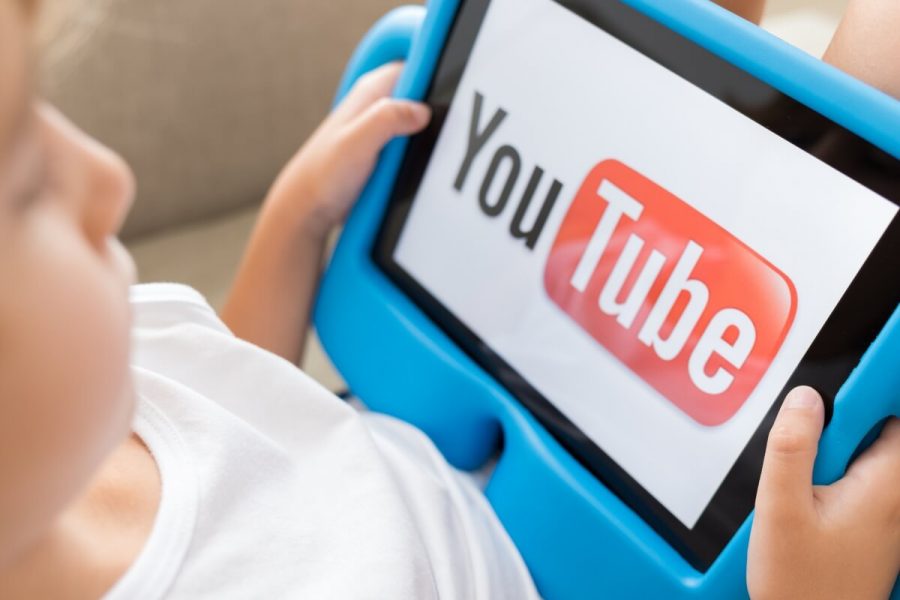Google Pays Record Fine for Violating Children’s Privacy on Youtube
September 9, 2019
Allegations have broken out claiming that YouTube has been accumulating children’s user information with the intent of selling more advertisements to younger audiences. Now, Google, the company that owns YouTube, has settled on a $170 million fine with the Federal Trade Commission (FTC) to defuse these accusations.
The payment will mark a record fine under the Children’s Online Privacy Protection Act. However, the $170 million penalty accounts for less than 1% of Google’s quarterly advertising revenue, raising concerns about whether this penance will be enough to stop tech companies from violating the privacy of their users.
Since before 2011, Google has been violating the privacy of children through YouTube’s advertising. YouTube has stated that no child under the age of 13 even watches YouTube. Though, Google allegedly promised Mattel, an American toy manufacturing company, that YouTube would provide a platform allowing the company to reach kids as young as 6-years-old, according to the FTC.
“These companies put children at risk and abused their power, which is why [the FTC is] imposing major reforms to their practices and making them pay one of the largest settlements for a privacy matter in U.S. history,” said New York Attorney General Letitia James in a statement.
The FTC’s settlement consists of $136 million to be paid to the federal government and $34 million to the state of New York. It is also mandatory that YouTube has all content creators declare whether their videos are for children, suspending targeted advertising on their content if so. The FTC predicts that with this penance, other businesses will follow in implementing systems that can distinguish videos directed toward children, and thus ensuring the protection of minors online.
Google responded to the settlement statement, “We know how important it is to provide children, families and family creators the best experience possible on YouTube and we are committed to getting it right.”
Additionally, Google has announced plans of incorporating algorithms meant to locate content tailored toward children in order to determine which users are minors. Not only will this limit data collection, but also terminate personalized advertisements for certain content.
Nonetheless, members of the FTC, as well as other critics, don’t believe that Google’s new algorithm nor the settlement is enough to prevent companies from taking advantage of targeted advertising and users’ personal data in return for larger profits.
FTC Commissioner Rebecca Slaughter was one of two commissioners to vote against the settlement, her reason being that there was no guarantee that YouTube would enforce these new rules. FTC Commissioner Rohit Chopra, the other commissioner to vote no, stated that the company executives should be held accountable. Instead, Google has been fined an amount that will hardly impact the company. Therefore, to many consumers apprehensive about their own privacy, it seems as though powerful corporations never face serious consequences, even when breaking the law.
Photo courtesy of TECHSPOT.COM

